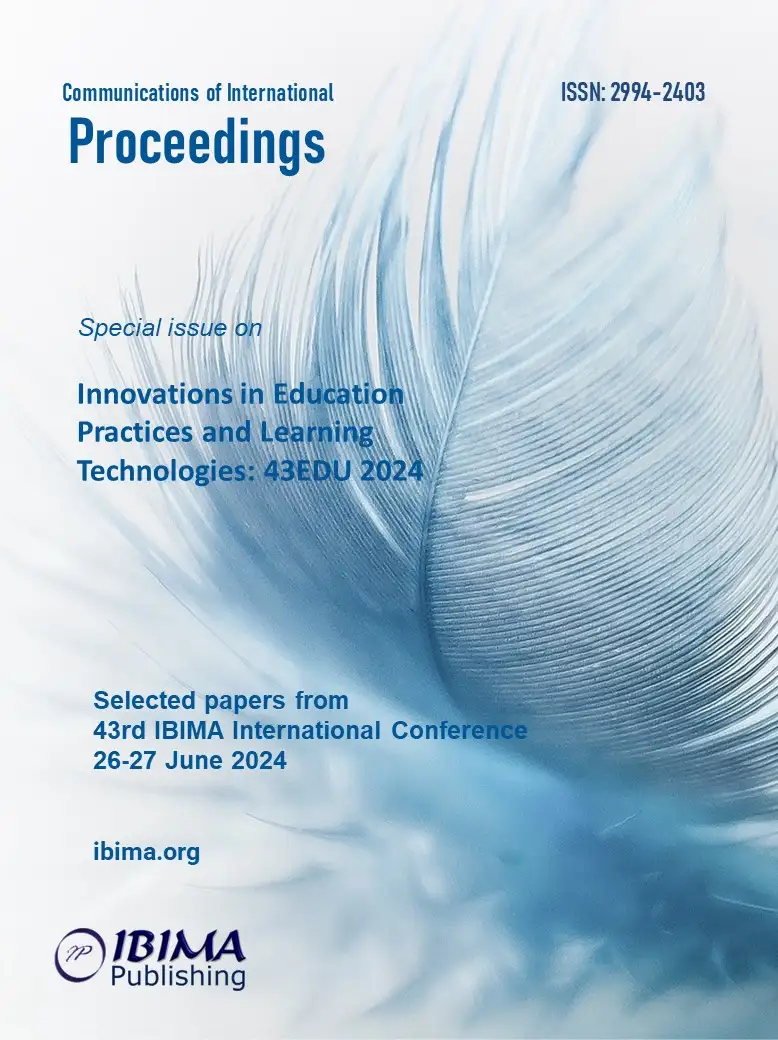
HAMZA Amani Mohammad, BIN HARHARAH Abeer, ABUDAWOOD Aya,BORAH Ghadi and ALWAZANI Farah
Faculty, Jeddah, Saudi Arabia

This study explores the impact of artificial intelligence (AI) on the teaching development of faculty members in Saudi private universities, specifically in Jeddah. As AI technologies rapidly evolve, higher education institutions globally are incorporating AI tools into teaching, learning, research, and administration. Despite this trend, the effects of AI on faculty career development remain underexplored, particularly in Saudi Arabia. Existing literature highlights key measures of AI’s impact in higher education, such as knowledge, awareness, usage, teaching and learning advancements, work engagement, and productivity. However, there is a notable gap in understanding how AI affects faculty advancements in this region. The study adopts a quantitative approach, analyzing 103 survey responses collected through a structured online questionnaire via random sampling. It aims to evaluate how AI technologies transform faculty roles and responsibilities, focusing on their experiences, perceptions, and practices related to AI in teaching and learning. The research targets faculty members from prominent private universities in Jeddah, revealing a significant correlation between AI use, faculty engagement, and productivity. The findings suggest that AI tools streamline administrative tasks, allowing faculty more time for student interaction and innovative teaching practices. These results underscore the societal acceptance of AI in education and its potential to enhance teaching quality and faculty productivity. The study provides valuable insights into the opportunities and challenges of AI integration in Saudi private universities. Additionally, it offers recommendations for policymakers, university administrators, and faculty members to effectively manage the AI-driven transformation of higher education and promote faculty career advancement in the digital age.